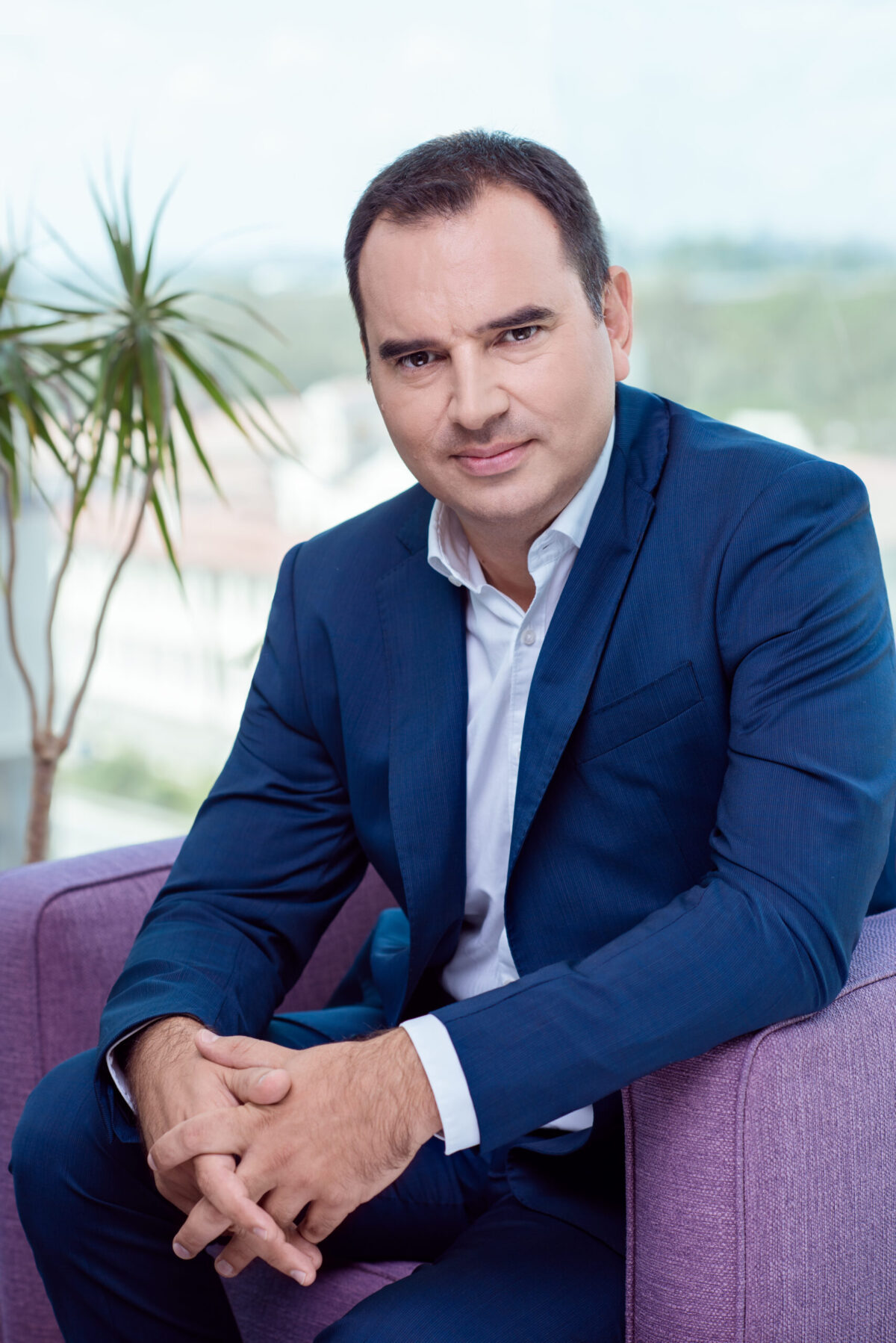At AstraZeneca we are committed to transforming the future of healthcare, harnessing innovations in science to discover new medicines that will help people live better, healthier lives and address some of the most pressing public health challenges. A vision that translates into a global goal as ambitious as it is measurable: to deliver at least fifteen new medicines by the end of the decade.

Aleksandar Tripković, Governmental Affairs and Market Access Manager, AstraZeneca, speaks about the future of healthcare, innovation and research and how a recent signing of a Memorandum of Understanding with the Government of Serbia supports deeper collaboration and external partnerships.
How do we make healthcare more sustainable and resilient given the challenges it faces all over the world?
I believe science is the key to help unlock answers. Pioneering science is accelerating our understanding of disease. Helping us better predict clinical success. And science can help make healthcare systems more sustainable and resilient. As the burden of disease grows and the population ages, the health needs of billions of people remain unmet. We struggle with equitable access to healthcare. Healthcare systems across the world face difficulties as they try to balance providing services with limited resources and an increasing demand from an ageing and growing population. In Europe we have over 50 million people living with two or more chronic diseases, but less than 3% of total healthcare expenditure is allocated to their prevention. Thus a paradigm shift is needed, seeking disease prevention and early intervention strategies that will protect future generations and reduce costs and inefficiencies.
You recognized science as being the key part of the solution for a better tomorrow – what is the approach AstraZeneca takes when it comes to innovation and research and development?
The pharmaceutical industry is historically known for investing a large portion of its revenue back into R&D, and AstraZeneca is slowly taking the lead in this area. Our approach to R&D and innovation aims to deliver the quickest and greatest impact possible on disease prevention and management. We’re using our distinctive scientific capabilities to deliver a pipeline of life-changing medicines, working towards more effective treatment and prevention and, ultimately, a cure for some of the world’s most complex diseases. In 2022, we invested $9.8 billion in our science which is nearly 22% of our Total Revenue. Our pipeline today forms a robust portfolio of investigational therapies in varied stages of clinical development, including 172 projects, with 14 new molecular entities in our late-stage pipeline and one new molecular entity under review.
I believe science is the key to help unlock answers
These are fantastic results, but even more so when one knows this cannot be achieved in isolation. AstraZeneca is actively pursuing partnerships – could you share the philosophy behind this?
We know we can’t achieve all we want to do alone, no matter how innovative our science is. We therefore collaborate with others to bring the best talent on the toughest problems. Since 2012, we have championed a uniquely open approach to working with academia and non-governmental organisations, completely shifting the nature of private-public collaborations. We are working closely with partners inside and outside our industry, we’re co-creating innovative solutions that address patients’ needs.
Joining the BIO4 Campus project of the Government of Serbia seems then a natural step for your company?
From the moment the Government of the Republic of Serbia presented the BIO4 Campus project to us, we recognized it as an umbrella project where we can work together with others and bring a myriad of benefits to the patients and the healthcare landscape in Serbia in general. We officially joined the project a month ago when an MoU was signed between the Government of the Republic of Serbia, the Ministry of Science, Technological Development and Innovation and AstraZeneca Serbia. The BIO4 Campus project is positioned to become a unique ecosystem in the south-east Europe for research and development of biomedicine, biotechnology, bioinformatics and biodiversity. Within this project, AstraZeneca will support the genetic testing for BRCA mutations in early breast cancer patients, as well as the use of AI in screening for early lung cancer detection. Part of this project is also ensuring that there are more clinical trials in Serbia. We are committed as a company to help achieve this, now and in the near future.